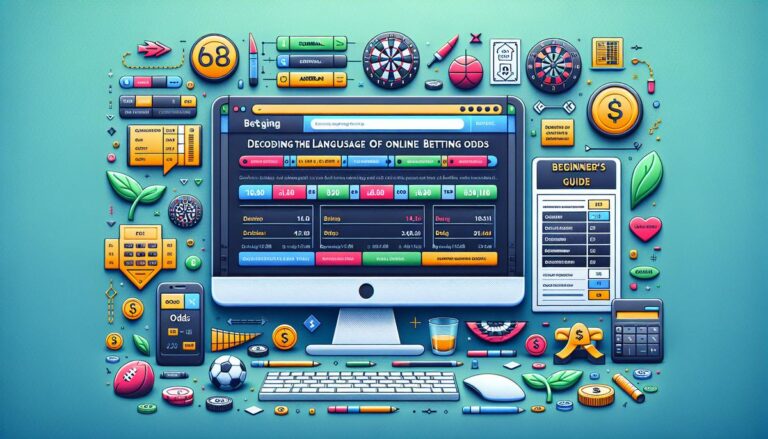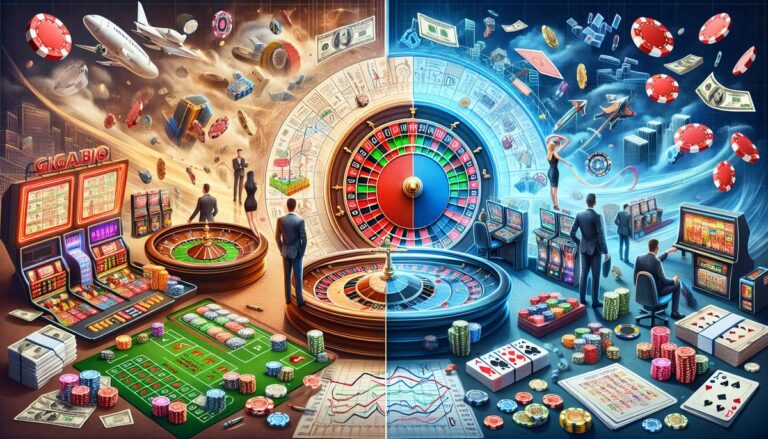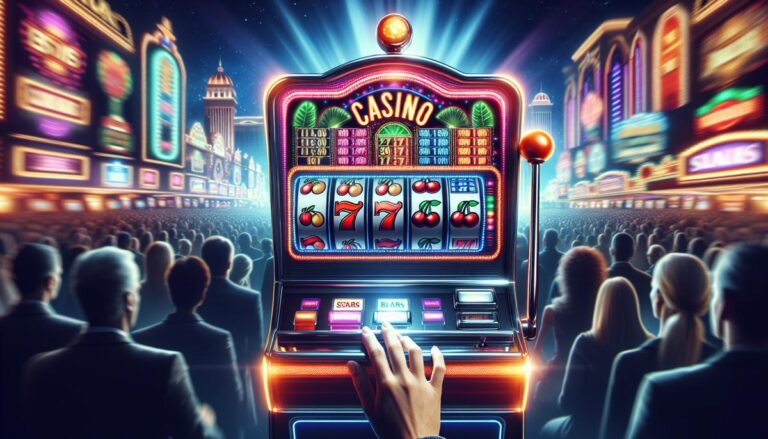The Impact of Social Media on Online Gambling: Trends and Insights
In the ever-evolving world of online gambling, few elements have had as transformative an impact as social media. From engaging new users to fostering a sense of community among bettors, social media platforms have reshaped the landscape of online casinos and sportsbooks. This blog post delves into the various ways social media has influenced online gambling, the trends currently shaping this dynamic interplay, and the insights gleaned from this intersection.
## Growing Popularity and Accessibility
The proliferation of social media has dramatically increased the visibility and accessibility of online gambling platforms. Gone are the days when interested individuals had to rely on shady pop-up ads or obscure websites. Today, online casinos and sportsbooks can establish highly interactive social media profiles, reaching millions of users instantly.
Social media platforms like Facebook, Instagram, and Twitter are rife with targeted advertisements for online gambling, thanks to advanced algorithms that identify potential bettors. Additionally, influencers and brand ambassadors play a crucial role in endorsing these platforms, often sharing referral codes that provide their followers with exclusive bonuses. As a result, social media is instrumental in breaking down potential barriers to entry, making online gambling more accessible than ever.
## Enhanced User Engagement and Community Building
One of the most significant impacts of social media on online gambling is the creation of an engaged community. Through platforms such as YouTube and Twitch, users can watch live streams of casino games or sports betting sessions, creating a sense of camaraderie and collective excitement. These live streams often feature seasoned gamblers who provide real-time commentary, tips, and strategies, thereby educating novices and enhancing the overall user experience.
Social media also allows for the development of specialized groups and forums where members can share their betting experiences, discuss tactics, and even vent their frustrations. This sense of community not only keeps existing bettors engaged but also attracts new users who value social interaction as part of their gambling experience.
## Influence of User-Generated Content
The role of user-generated content cannot be overstated in the context of online gambling. Social media platforms make it easy for users to share their wins, losses, strategies, and overall experiences. This user-generated content serves as a powerful form of social proof, influencing the decisions of potential bettors.
Slots and casino game wins posted on platforms like Instagram or Facebook often go viral, creating a buzz and drawing more users to try their luck. User reviews and testimonials on platforms like Reddit and specialized gambling forums often provide more trustworthy and unbiased perspectives than traditional advertising, making them highly influential in shaping public opinion.
Moreover, platforms like TikTok have emerged as innovative spaces where short, engaging videos related to gambling trends and hacks proliferate, further influencing user behavior and preferences.
## Ethical Considerations and Responsible Gambling
While social media has undeniably contributed to the growth of the online gambling industry, it has also raised some ethical concerns. The ease with which gambling content is shared and promoted can sometimes lead to irresponsible gambling behaviors, particularly among younger audiences who may not fully grasp the risks involved.
Most reputable online casinos and sportsbooks have started to incorporate responsible gambling features into their social media strategies. These include promoting content that encourages self-awareness and education about the risks of gambling. Additionally, initiatives like self-exclusion programs, spending limits, and reality checks are frequently highlighted through social media channels to foster a responsible gambling environment.
Moreover, regulatory bodies are increasingly scrutinizing the relationship between social media and online gambling. Stricter guidelines and regulations are being enforced to ensure that advertising is not misleading and that content targeting minors is appropriately restricted.
## Future Trends and Innovations
As social media continues to evolve, so too will its impact on online gambling. One of the burgeoning trends is the use of artificial intelligence (AI) and machine learning to create even more finely tuned advertising campaigns. These technologies can analyze user behavior in real-time, allowing for highly personalized marketing strategies that are likely to yield higher engagement rates.
Virtual reality (VR) is another area that holds enormous potential. Social media platforms are already exploring ways to integrate VR into their user experiences, and online casinos and sportsbooks are likely to follow suit. Imagine watching a VR live stream of a poker game or a virtual sportsbook where you can place bets in an immersive environment—this could be the next frontier in online gambling.
Blockchain and cryptocurrency are also significant trends to watch. Social media platforms and online gambling sites are beginning to explore blockchain technology to enhance transparency and security, while also offering cryptocurrency as a new payment option. This new form of payment is especially appealing to tech-savvy gamblers and could further revolutionize the industry.
In conclusion, the impact of social media on online gambling is multifaceted, offering both tremendous opportunities and significant challenges. As technology continues to advance, the intersection of social media and online gambling will undoubtedly evolve, bringing new trends, insights, and innovations to this exciting landscape. Whether you’re a seasoned bettor or a newcomer, staying informed about these developments will help you navigate and enjoy the world of online gambling more responsibly and effectively.






